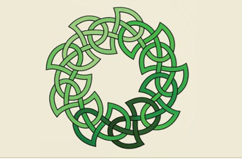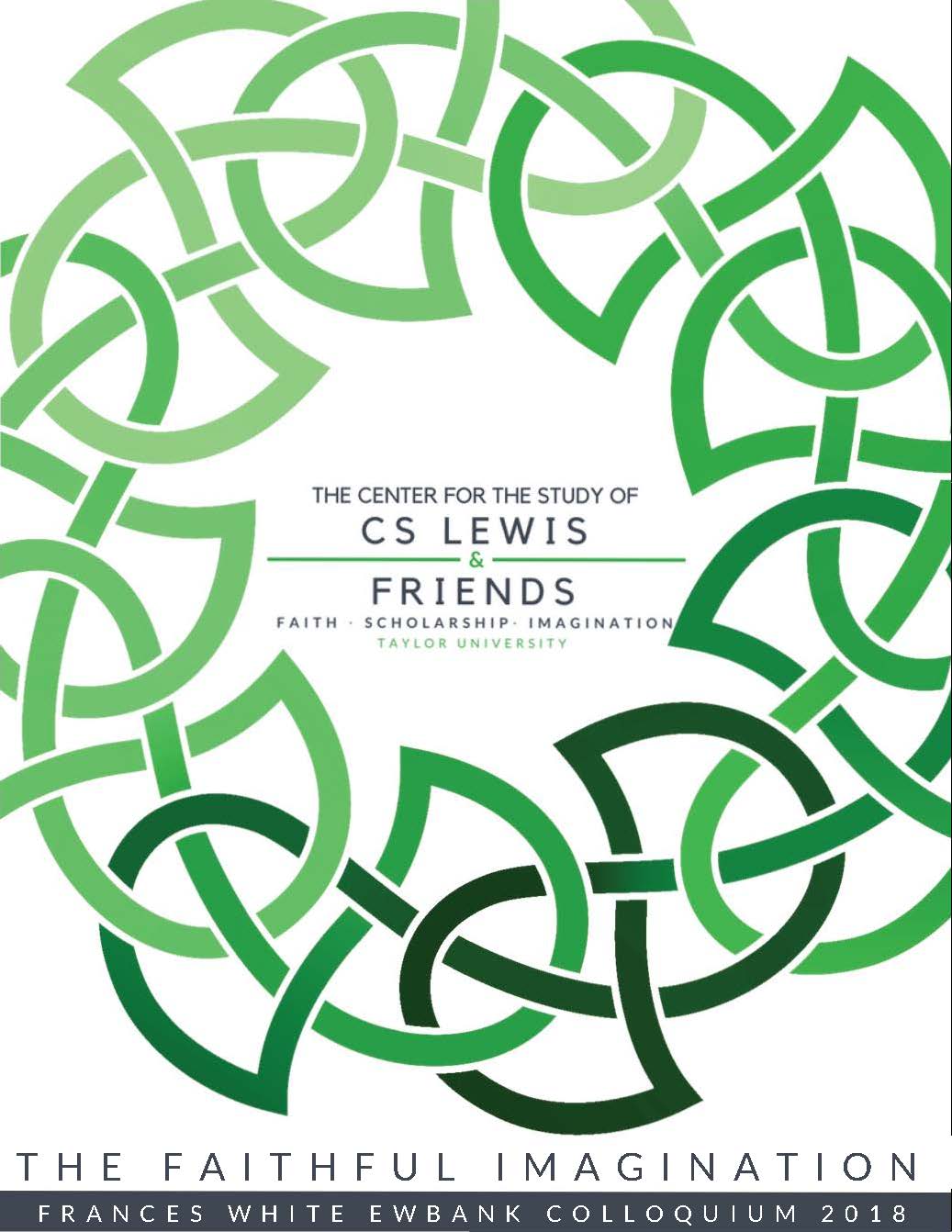Event Title
Concurrent Paper Session 5A: The Long Dark Vale/Veil
Location
Euler 062/063
Start Date
2-6-2018 9:15 AM
Description
"'Good Death': What C.S. Lewis Learned from Phantastes" - Edwin Woodruff Tait
In recounting his adolescent discovery of George MacDonald's Phantastes, the adult C. S. Lewis described the salient quality he found in the book as "good death." In this paper, I will examine what Lewis meant by this cryptic phrase. I will look at sources that inspired MacDonald himself, such as Plato's saying that the life of a philosopher is nothing other than learning to die, and the New Testament's many references to identification with Christ's death as a means of salvation. I will also trace the theme of "good death" in Lewis's own writings, including The Great Divorce, The Chronicles of Narnia, and The Pilgrim's Regress.
"A Passive Darkness: The Veil in 'Cock-Crowing' and Till We Have Faces" - Grace Seeman
"'Is Yellow Square or Round?': How Dead People Changed C.S. Lewis's Theology" - Jennifer Woodruff Tait
C. S. Lewis is famous for many things: apologetics, fantasy literature, literary criticism. In this paper, I will argue that he is also worth notice as a theologian of grief. I will look at some of Lewis's most famous statements about death and dying—whether in nonfiction, fiction, letters, or poetry—and focus particularly on the relationship of those statements to three important deaths in his life: Flora Hamilton Lewis, Charles Williams, and Joy Davidman Lewis.
"There Are No Ordinary (Dead) People" - Joe Ricke
Event Type
Paper
Concurrent Paper Session 5A: The Long Dark Vale/Veil
Euler 062/063
"'Good Death': What C.S. Lewis Learned from Phantastes" - Edwin Woodruff Tait
In recounting his adolescent discovery of George MacDonald's Phantastes, the adult C. S. Lewis described the salient quality he found in the book as "good death." In this paper, I will examine what Lewis meant by this cryptic phrase. I will look at sources that inspired MacDonald himself, such as Plato's saying that the life of a philosopher is nothing other than learning to die, and the New Testament's many references to identification with Christ's death as a means of salvation. I will also trace the theme of "good death" in Lewis's own writings, including The Great Divorce, The Chronicles of Narnia, and The Pilgrim's Regress.
"A Passive Darkness: The Veil in 'Cock-Crowing' and Till We Have Faces" - Grace Seeman
"'Is Yellow Square or Round?': How Dead People Changed C.S. Lewis's Theology" - Jennifer Woodruff Tait
C. S. Lewis is famous for many things: apologetics, fantasy literature, literary criticism. In this paper, I will argue that he is also worth notice as a theologian of grief. I will look at some of Lewis's most famous statements about death and dying—whether in nonfiction, fiction, letters, or poetry—and focus particularly on the relationship of those statements to three important deaths in his life: Flora Hamilton Lewis, Charles Williams, and Joy Davidman Lewis.
"There Are No Ordinary (Dead) People" - Joe Ricke


